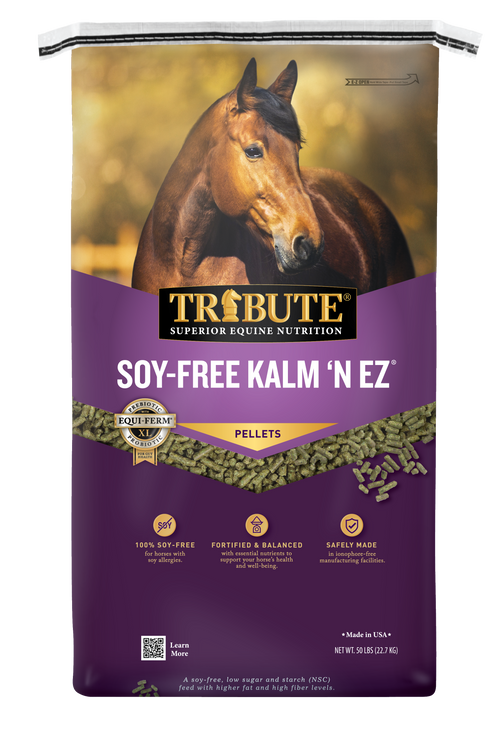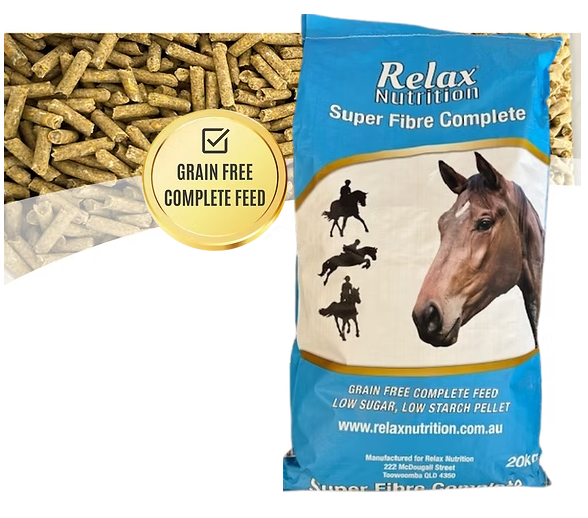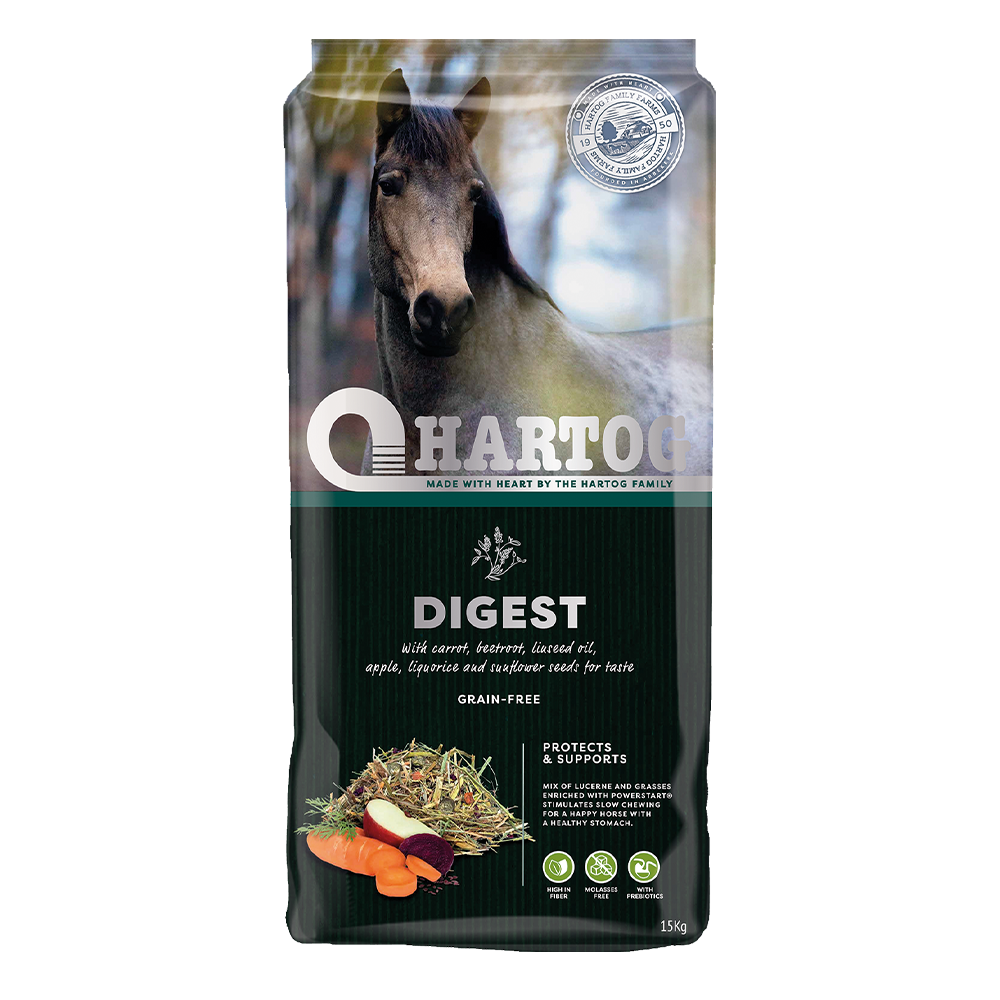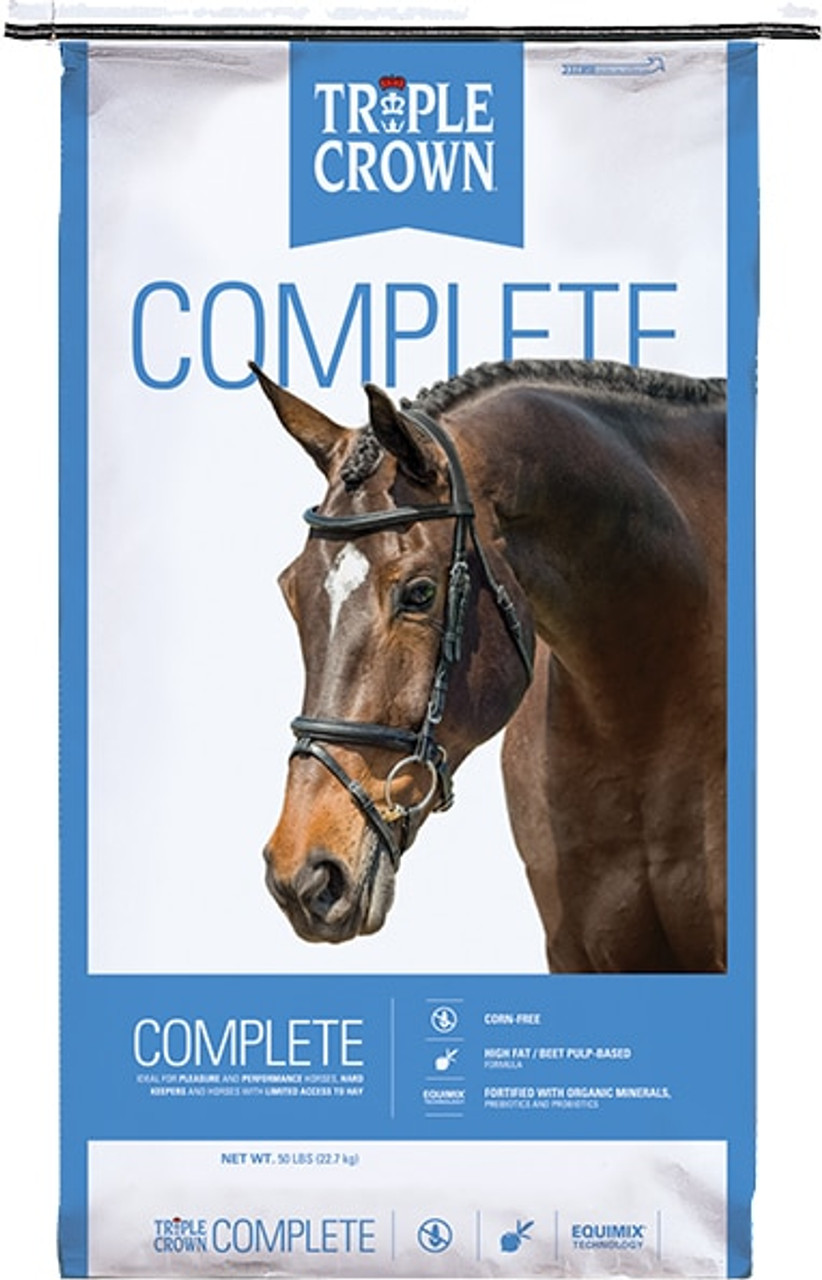Grain-Free Diet Options for Horses: A Comprehensive Guide

Feeding horses a grain-free diet is becoming increasingly popular among equine enthusiasts seeking natural and health-conscious alternatives. This article explores the benefits, options, and practical considerations for implementing a grain-free diet for your horse.
Why Consider a Grain-Free Diet?

Grain-free diets can help prevent common equine health issues such as colic, laminitis, and insulin resistance. Many horses are sensitive to grains, which can cause digestive upset and behavioral problems. A grain-free approach focuses on natural forage and alternative energy sources.
Key Components of a Grain-Free Diet

| Component | Description | Examples |
|---|---|---|
| Forage | The foundation of a horse’s diet, providing fiber and nutrients | Grass, hay, haylage |
| Alternative Energy | Non-grain sources of calories and nutrients | Beet pulp, soybean hulls, alfalfa pellets |
| Supplements | To ensure balanced nutrition | Vitamins, minerals, probiotics |
Grain-Free Feed Options
- Forage-Based Feeds: High-quality hay and pasture remain the primary food source.
- Beet Pulp: A digestible fiber source that provides energy without starch.
- Soybean Hulls: A low-starch, high-fiber feed that supports digestive health.
- Alfalfa Pellets: Rich in protein and calcium, suitable for many horses.
- Commercial Grain-Free Pellets: Formulated to meet nutritional needs without grains.
Benefits of Grain-Free Diets
- Improved digestive health and reduced risk of colic.
- Stable energy levels without sugar spikes.
- Better weight management.
- Reduced risk of metabolic disorders.
Potential Challenges
- Ensuring balanced nutrition requires careful planning.
- Some horses may need gradual transition to avoid digestive upset.
- Availability and cost of alternative feeds can vary.
Frequently Asked Questions (FAQ)
Q1: Can all horses thrive on a grain-free diet?
A1: Most horses can do well on grain-free diets, especially those with sensitivities, but performance horses may require additional energy sources.
Q2: How do I transition my horse to a grain-free diet?
A2: Gradually introduce new feeds over 7-14 days while monitoring your horse’s health.
Q3: Are grain-free diets more expensive?
A3: Costs vary; some alternatives may be pricier, but health benefits can offset expenses.
Q4: What supplements are necessary?
A4: Depending on forage quality, supplements like vitamins, minerals, and probiotics may be needed.
Conclusion
A grain-free diet can offer numerous health benefits for horses when carefully planned and managed. By focusing on high-quality forage and suitable alternative feeds, owners can support their horses’ well-being naturally and effectively.
Would you like me to help improve the clarity or add more detailed nutritional information? Here are some follow-up tasks you might consider:
- Expand the FAQ section
- Add a sample meal plan
- Include common misconceptions about grain-free diets
